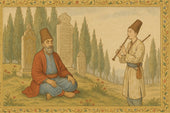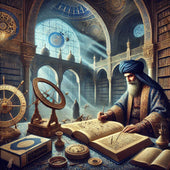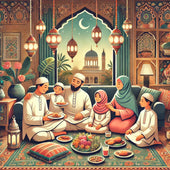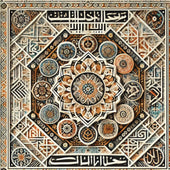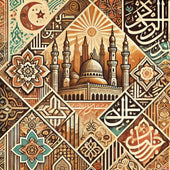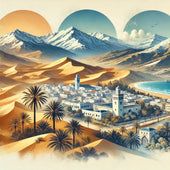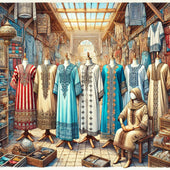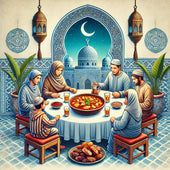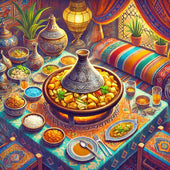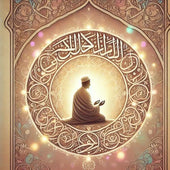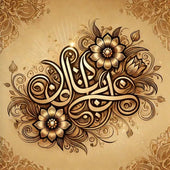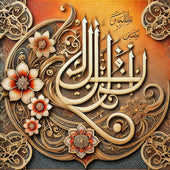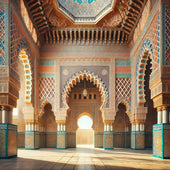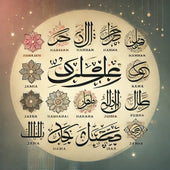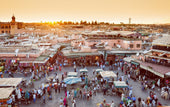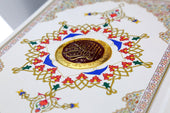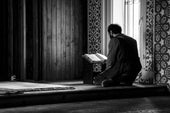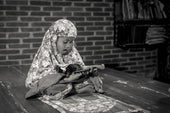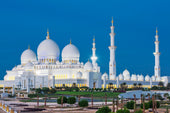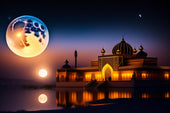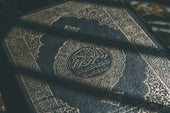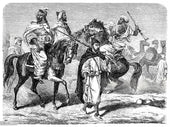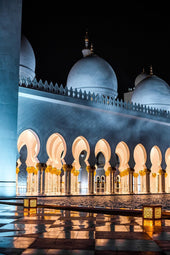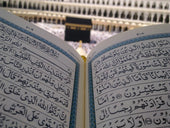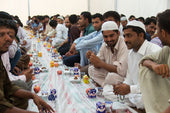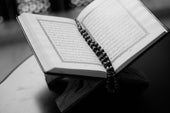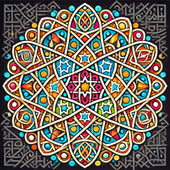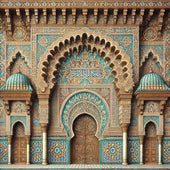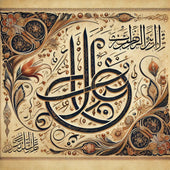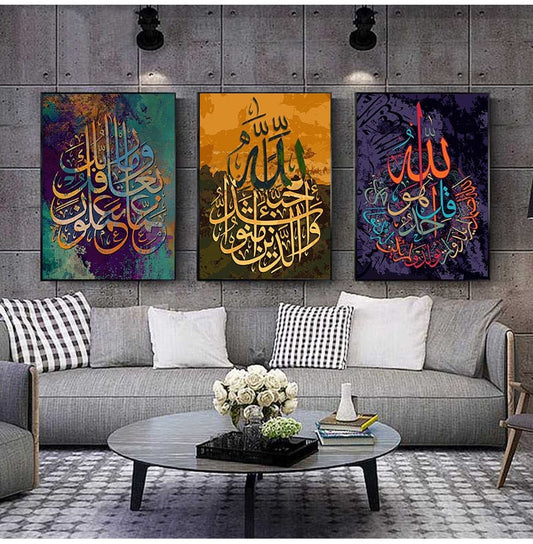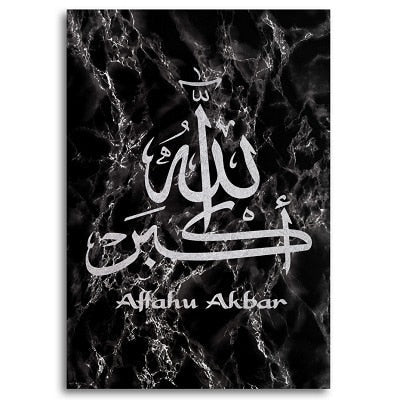Introduction
In Islam, prophets are important figures who have a prominent place in the faith and devotion of Muslims. These divine messengers number 124,000, according to Muslim beliefs, but only twenty-five are specifically named in the Quran. Each of these prophets played a unique role in spreading God's message, and their lives are studied as examples of godly devotion and exemplary moral conduct.
Major Prophets
Adam
In Islam, Adam is considered the first man and the first prophet. He is the first divine creation, shaped by the hands of God himself, who breathed life into him by blowing his own spirit into his form. After temptation by the Devil and disobedience to God, Adam and Eve were forgiven by God and sent to earth, thus marking the beginning of human history.
Noah
Noah, known in Arabic as Nuh, is a revered prophet in Islam. God chose him to bring his message to a people who had strayed from the path of truth. Noah built an ark on God's instructions to save his family and a couple of every animal species from the flood that God sent as punishment for his people's unbelief.
Abraham
Abraham, or Ibrahim in Arabic, is one of the pillars of Islam. He is known for his unwavering devotion to God. The episode where God asks him to sacrifice his son Ishmael, then replaces him with a sheep at the last moment, is commemorated every year on the feast of Eid al-Adha.
Moses
Moses, or Musa, is one of the most quoted prophets in the Quran. He is credited with leading the Israelites out of slavery in Egypt and with receiving the Tables of God's Law.
Jesus
Jesus, or Isa in Arabic, is a major prophet in Islam. Born of the Virgin Mary, he performed many miracles. However, contrary to Christian belief, Jesus is not seen as the son of God in Islam, but rather as a divine messenger.
muhammad
Muhammad is the last of the prophets in Islam. It was to him that the Quran was revealed through the angel Gabriel. His role as messenger of God and founder of Islam is central to the Muslim faith.
List of Prophets
Here is a non-exhaustive list of the prophets mentioned in the Quran:
- Adam
- Idris (Enoch)
- Noah (Nuh)
- Houd
- Salih
- Abraham (Ibrahim)
- Batch (Lut)
- Ishmael (Ismail)
- Isaac (Ishaq)
- Jacob (Yaqub)
- Joseph (Yusuf)
- Job (Ayoub)
- Moses (Musa)
- Aaron (Harun)
- Ezekiel (Dhul-Kifl)
- David (Dawud)
- Solomon (Sulayman)
- Elijah (Ilyas)
- Elisha (Al-Yasa)
- Jonah (Yunus)
- Zechariah (Zakariyya)
- John the Baptist (Yahya)
- Jesus (Isa)
- muhammad
FAQs
What is the importance of prophets in Islam?
Prophets are considered guides and models of virtue in Islam. They are the intermediaries between God and human beings, transmitting His word and His commandments. Each prophet played an important role in spreading faith and obedience to God.
Who is the last prophet according to Islam?
The last prophet according to Islam is Muhammad. He is the "seal of the prophets", which means that after him no other prophet will come.
How many prophets are mentioned in the Quran?
Twenty-five prophets are explicitly mentioned in the Quran, although Islamic tradition recognizes a much larger number, up to 124,000.
Who are the main prophets of Islam?
The main prophets of Islam are Adam, Noah, Abraham, Moses, Jesus and Muhammad. Each of them is recognized for his piety, his devotion to God and his exemplary conduct.
Are the prophets of Islam the same as those of the Bible?
Many of Islam's prophets are also recognized in the Bible, although their stories and theological significance may vary between the two traditions. Figures such as Adam, Noah, Abraham, Moses and Jesus are revered in both traditions, although Islam does not consider Jesus to be the son of God, unlike Christianity.
Conclusion
Understanding the history of the prophets in Islam is essential to grasping the complexity and depth of the Muslim faith. These historical and spiritual figures played a crucial role in spreading God's message, and they continue to inspire millions in their quest for understanding God and moral righteousness. They represent guides and models of virtue for all believers.
Visit our website https://decorateur-oriental.fr/ for more articles on Islamic history and culture.



